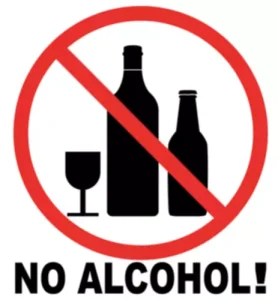
Understanding the link between alcohol and panic attacks is the first step. Whether you experience hangxiety or a full-blown alcohol withdrawal panic attack, recognizing the connection empowers you to take control. If you see a friend experiencing a panic attack after drinking, try to stay calm and offer support. Help them find a quiet place to sit, and encourage them to take slow, deep breaths.
- Antipsychotic medications might be used in severe cases where anxiety is accompanied by other mental health symptoms.
- Post-drinking anxiety, often referred to as “hangxiety,” is a common experience for many people.
- Over time, this pattern can result in a drinking problem or alcohol use disorder.
- This Therapeutics Letter considers whether we should prescribe antidepressants to people with alcohol use disorder (AUD) and other substance use disorders (SUDs).
- This is because levels of neurotransmitters (chemical messengers in the brain) get thrown off, which can lead to heightened anxiety.
Associations Between Alcohol and Panic Attacks
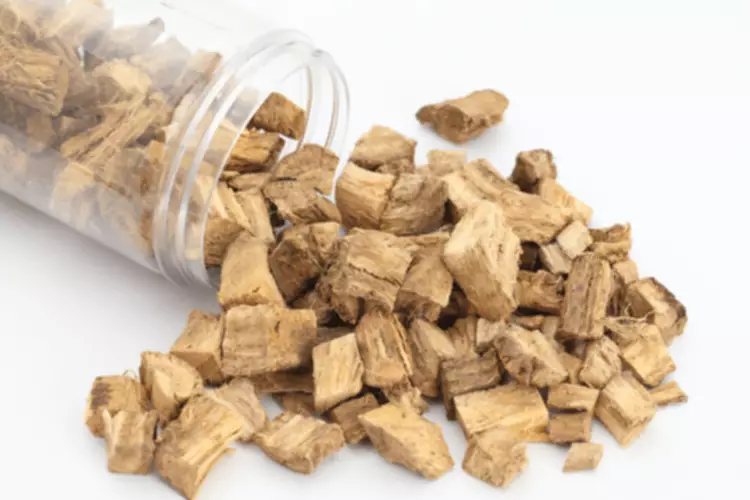
Alcohol is a mild anesthesia and will put you in the mood for sleep — at least initially. Later in the sleep stages, alcohol disrupts REM sleep and paralytic sleep, which is when your body rejuvenates itself. Cognitive-behavioral therapy (CBT) is a primary treatment for alcohol anxiety. CBT helps individuals identify and change negative thought patterns and behaviors. Therapists may use exposure therapy to gradually reduce anxiety responses to alcohol-related triggers. Drinking water between alcoholic beverages helps maintain hydration levels.
Can anxiety really cause chest pain?
If anxiety persists despite these lifestyle changes, seeking medical help is essential. Telemedicine offers a convenient way to consult healthcare providers from home, especially for those hesitant to visit a clinic due to anxiety. Early intervention can prevent the condition from worsening and help you regain control of your mental health.
What is the link between alcohol and panic attacks?
This involves avoiding situations or environments that may trigger anxiety, such as social gatherings or places where alcohol is present. Avoidance behavior can significantly impact a person’s quality of life, leading to social isolation and worsening anxiety. It is more common in individuals who have developed a dependence on alcohol to cope with anxiety. Sleep disturbances, including insomnia and poor sleep quality, affect 60-80% of individuals with alcohol-induced anxiety disorder. While alcohol initially acts as a sedative, helping people fall asleep faster, it disrupts the sleep cycle, particularly REM sleep, leading to fragmented and non-restorative sleep. Sleep disturbances are more common during withdrawal and can persist for weeks or months after stopping alcohol consumption.
Feeling unwell?
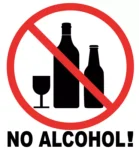
When someone feels anxious, they often breathe faster and more shallowly, which can lower the levels of carbon dioxide in the blood, leading to sensations of chest tightness and discomfort. Chest pain may also be exacerbated by other anxiety-related symptoms, such as dizziness, palpitations, or feelings of suffocation. If you experience severe chest pain, or if you are unsure whether the pain is related to alcohol induced panic attack anxiety or a heart issue, it is always best to err on the side of caution and seek medical care. A visit to the emergency department or emergency room is recommended if the pain persists or if other heart attack symptoms are present. Anxiety-induced chest pain, or anxiety chest pain, typically occurs when the body is in a heightened state of stress.
A panic attack, after alcohol or otherwise, is an episode of extreme anxiety where emotions are amplified and terrifying. A person may drug addiction treatment experience shortness of breath or hyperventilate and feel detached from reality. Their mind is overloaded with worrying thoughts and fears, even of things that do not present any clear and immediate danger. While alcohol can lessen or put a stop to the anxious thoughts that often lead to panic attacks, drinking will only ever be a temporary fix. It will stop working once the alcohol leaves your body, and if you continually drink to quash your panic attacks, this can lead to long-term damage. If you reach for alcohol in an effort to avoid experiencing a panic attack or feelings of anxiety, you can quickly become trapped in a debilitating cycle that becomes very difficult to break.
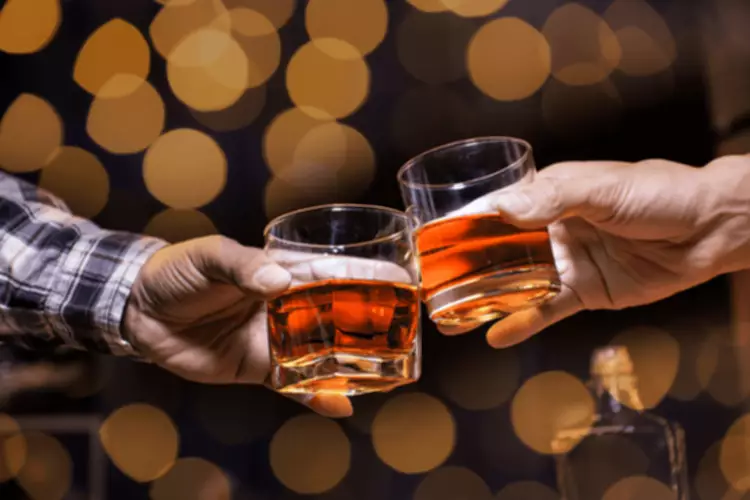
What is the Role of a Psychiatrist in Addiction Treatment?
Binge drinking (having a lot of drinks in a short amount of time) can significantly increase your risk of experiencing a panic attack after drinking. Even if you don’t binge drink, drinking frequently or in large quantities can also make you more vulnerable to anxiety after drinking alcohol. Alcohol can mess with your sleep, even if you think you slept soundly. It disrupts your sleep cycles, preventing you from getting restful, deep sleep. Lack of sleep can make anxiety much worse and even trigger panic attacks.
The Role Alcohol plays on Anxiety

If you struggle with panic attacks and feelings of anxiety, it is important to understand how alcohol can affect your mental health and potentially make these symptoms worse. A night of drinking can bring up feelings of anxiety or jitteriness, even if you’re not diagnosed with an anxiety disorder. Alcohol affects the levels of serotonin and other chemicals in your brain, so it affects your body and mind in various ways the next day.
- In contrast, anxiety-related chest pain typically occurs in response to stress or during a panic attack and may subside relatively quickly once the anxiety or stress diminishes.
- Alcohol can mess with your sleep, even if you think you slept soundly.
- Panic attacks are episodes of extreme anxiety that typically last between 5 and 20 minutes.
- Having a substance use disorder can also increase the chance of having an anxiety disorder.
Professional Treatment Options
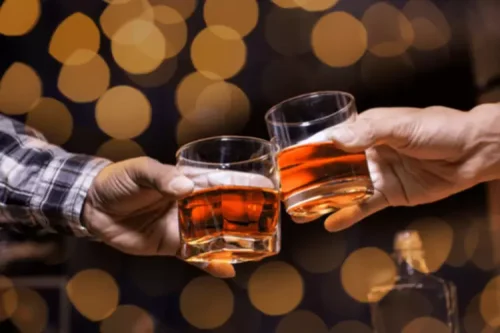
Restlessness is especially common during early alcohol withdrawal when the body adjusts to the absence of alcohol. Seeking professional treatment for an alcohol use disorder and anxiety can help you regain control of your life. Call American Addiction Centers (AAC) at , and speak to one of our compassionate and knowledgeable admissions navigators, who can answer your questions and https://ecosoberhouse.com/ explain your options. The heart’s electrical activity can also be affected during periods of intense anxiety.

